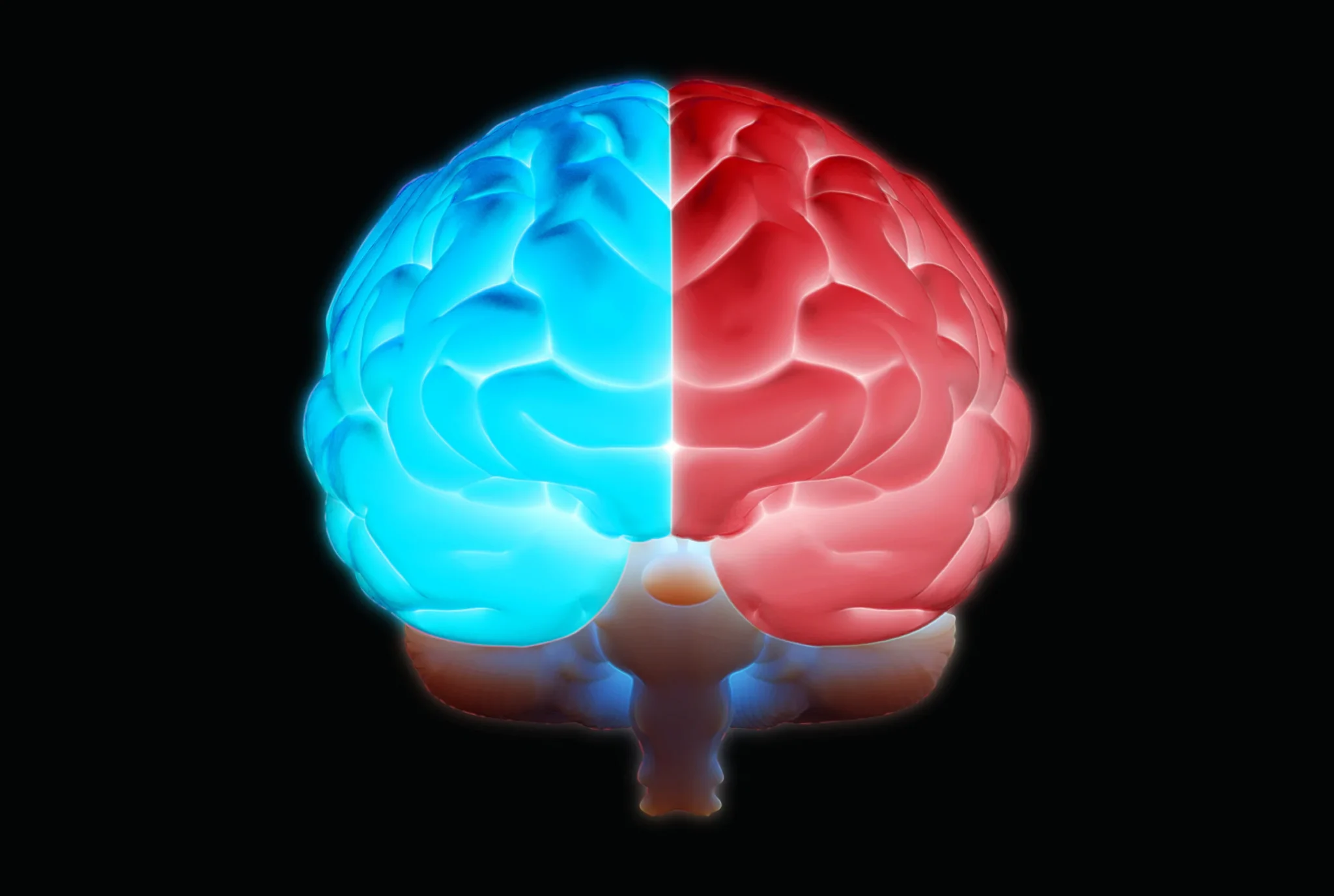Brain Regions and Cognitive Biases: Unraveling the Connection
Brain regions and cognitive biases are two intertwined concepts in the vast field of neuroscience. Cognitive biases, which are systematic patterns of deviation from norm or rationality in judgment, often find their roots in specific regions of the brain. By understanding the intricate relationship between these brain regions and cognitive biases, we can gain a deeper insight into why humans think and behave the way they do.
The Influence of Specific Brain Regions on Cognitive Biases
Different brain regions play distinct roles in our cognitive processes. For instance, the amygdala, often associated with emotions, can influence biases related to fear or threat perception. Similarly, the prefrontal cortex, responsible for executive functions, can play a role in biases related to decision-making and judgment. By studying the functions of these and other brain regions, we can begin to map out the neural origins of various cognitive biases.
Cognitive Biases: A Result of Brain Regions at Play
Cognitive biases are not mere flaws in our thinking but are evolutionary adaptations that once served a purpose. For example, the confirmation bias, where individuals tend to seek out information that confirms their pre-existing beliefs, can be linked to the brain’s reward system, specifically regions like the ventral striatum. Recognizing the connection between brain regions and cognitive biases allows us to appreciate the complexity of human cognition and the factors that shape our perceptions and beliefs.
In conclusion, the intricate dance between brain regions and cognitive biases offers a fascinating glimpse into the neural underpinnings of human thought processes. As neuroscience continues to advance, our understanding of these connections will only deepen, shedding light on the mysteries of the human mind.






